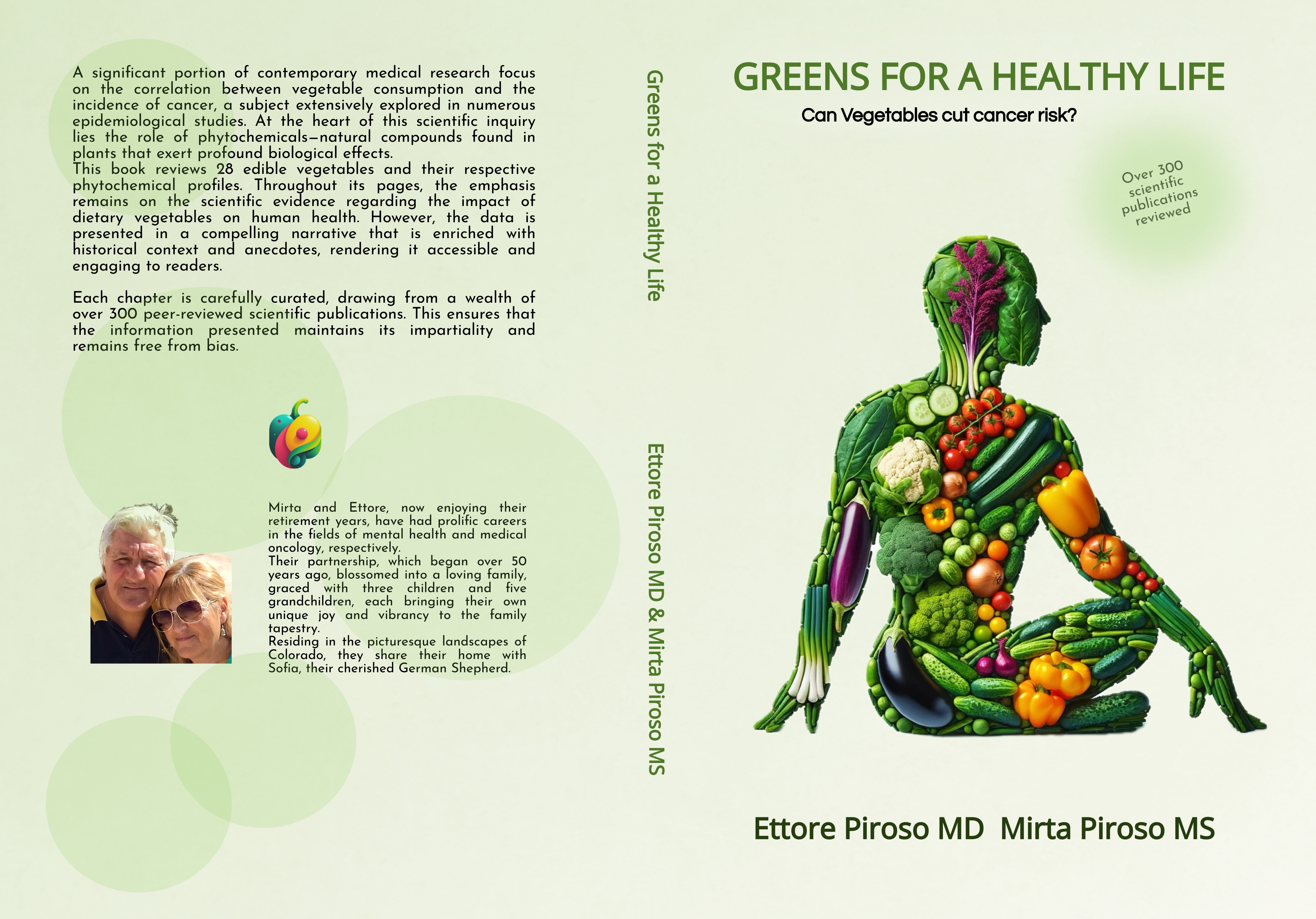
A significant portion of contemporary medical research focus on the correlation between vegetable consumption and the incidence of cancer, a subject extensively explored in numerous epidemiological studies. At the heart of this scientific inquiry lies the role of phytochemicals—natural compounds found in plants that exert profound biological effects.
This book reviews 28 edible vegetables and their respective phytochemical profiles. Throughout its pages, the emphasis remains on the scientific evidence regarding the impact of dietary vegetables on human health. However, the data is presented in a compelling narrative that is enriched with historical context and anecdotes, rendering it accessible and engaging to readers.
Each chapter is carefully curated, drawing from a wealth of over 300 peer-reviewed scientific publications. This ensures that the information presented maintains its impartiality and remains free from bias.
Genre: HEALTH & FITNESS / Diets
Just published. No data available yet
CHAPTER I
Introduction
Cancer is the disease of our time. It’s not a new illness; it has been around for a while. The first accurate descriptions of cancerous growths have been found in Egyptian papyrus dating back to 1600 BC. But for thousands of years other diseases, like infections and basic nutritional deficiencies, posed a greater and more immediate risk to human life.
Nowadays, that has changed. Cancer reigns as the main health burden of our generation and perhaps even the next. The American Cancer Society reports alarming statistics: in 2022, more than 1.9 million people in the United States were diagnosed with cancer, and over 609,000 people died from this disease. This means that cancer claimed the lives of about 1,670 people every day in the US that year. This disease is not limited to one country or region; the World Health Organization estimates that by 2025, the worldwide cancer cases will grow by about 37%, involving over 19 million individuals.
Science is responding to these staggering statistics with an exponential increase in both basic and clinical research. Such efforts have resulted in new drugs and treatments. Cancer-related mortality has seen notable declines, with a drop in the US death rate from 215 per 100,000 people in 1991 to 146 per 100,000 people in 2019. This translates to an estimated 3.8 million deaths averted and a 33% decrease in the cancer death rate.
Scientific progress often advances incrementally. Individual discoveries might seem inconsequential when isolated, but when combined over extended periods, they can lead to monumental breakthroughs. Certain cancers, previously deemed fatal, are now manageable, thanks to relentless research.
| Language | Status |
|---|---|
|
German
|
Already translated.
Translated by Mafalda Mergen
|
|
|
Author review: very efficient and professional, a pleasure to work with her. |